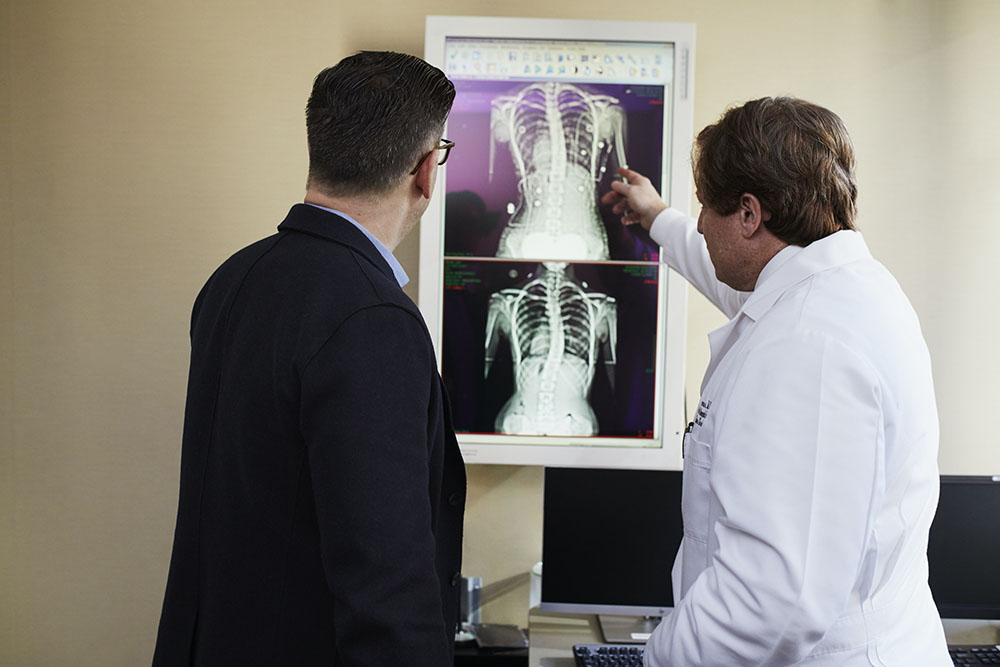As audiences, we know there is a tendency to favor dramatic depictions over accuracy in a lot of movies. But representations of medical professionals need to be somewhat realistic. This both keeps the plot grounded and helps us to gain some understanding of the challenges professionals and patients face.
So, just how realistic are medical movies? Let’s explore a few of the areas contributing to both accurate and shaky depictions.
Stress and Burnout
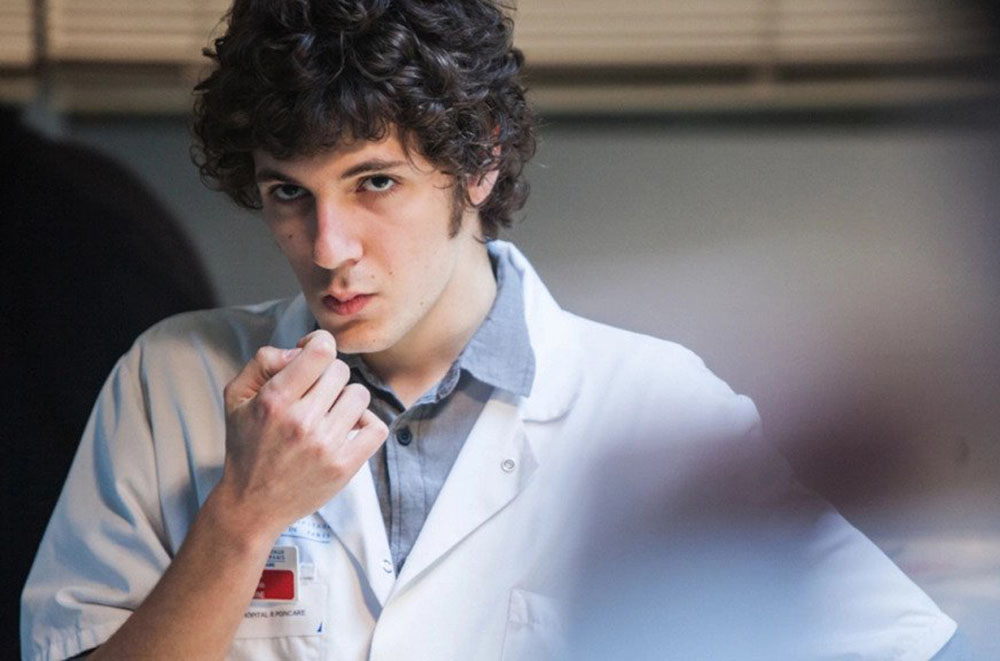
Filmmakers often apply some effort to show doctors and nurses as hardworking professionals. But in most cases, these on-screen depictions don’t go far enough to reflect reality. Doctors and nurses alike are subject to extreme stress; this can be the result of understaffing, administrative pressures, a profit-led healthcare system, and abuse from patients.
One of the more accurate examples of this is the French movie, “Hippocrates: Diary of a French Doctor” (2014). It follows the challenges two medical interns face in their day-to-day hospital work environment. The characters face the extreme realities of stress in the emergency department and how understaffing and fatigue can lead to errors.
To really get an accurate impression of the stress and pressures medical professionals live with, you tend to have to watch health documentaries. 2018’s “Do No Harm” gives audiences insights into the impact of daily experiences of extreme burnout. The film examines the causes of an epidemic of poor mental health and suicide among physicians and medical students. It’s an accurate, emotional, and empathetic exposé of elements putting medical staff in danger and the effect on patient care.
Ethical Behavior
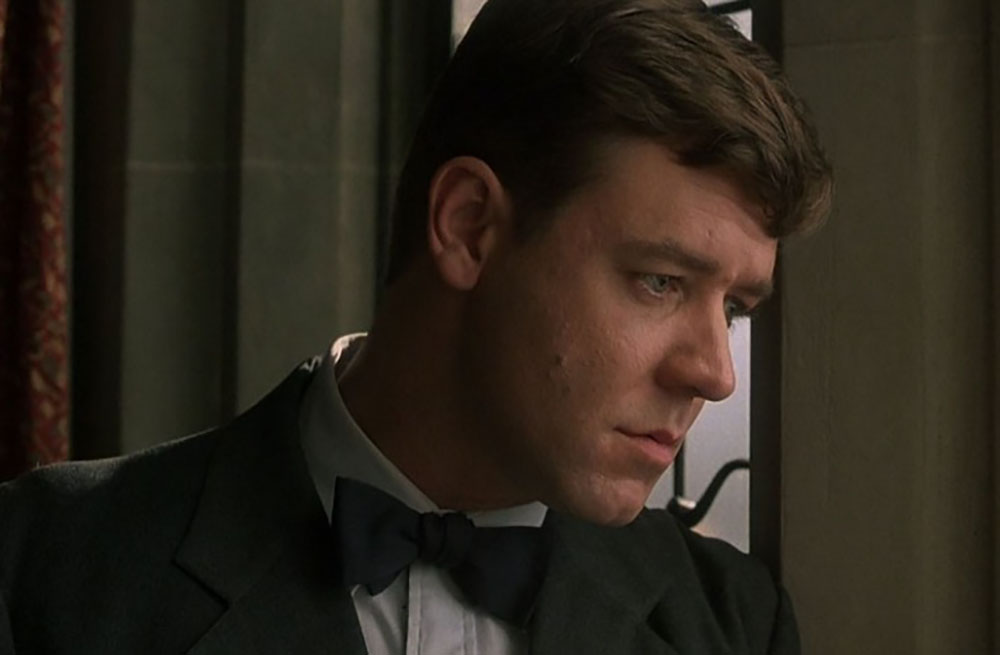
“A Beautiful Mind” (2001) does a good job of suggesting the complexity of medical ethical dilemmas. The movie follows a protagonist living with schizophrenia. During the course of the narrative, different forces coerce him into treatment. Though this might be considered in the interest of his well-being, it also raises issues surrounding informed consent. Indeed, later in the movie, the patient decides to proceed without treatment against the psychiatrist’s advice.
Where “A Beautiful Mind” perhaps fails to reflect reality is in the lengths doctors go in their responsibility to assess the patient’s capacity to make such decisions. There are also thorough assessments to examine the context in which patients are exercising freedom of choice during treatment. Though, the film’s 1950s setting may represent a period-accurate tendency for psychiatric ethics to be somewhat looser.
There also aren’t a great many movies showing how far-reaching the need for medical ethics is. Medical testing may not be as directly patient-facing as other fields, but there are still various areas of ethical concern during any clinical research. These range from the potential for prejudice in results for financial gain to the abuse of human or animal test subjects. Historically, movies haven’t shone a light on the careful ethical processes during testing. However, 2011’s “Rise of the Planet of the Apes” does make some effort to show some of the moral considerations at play in working with animals for medical research.
Environmental Aspects
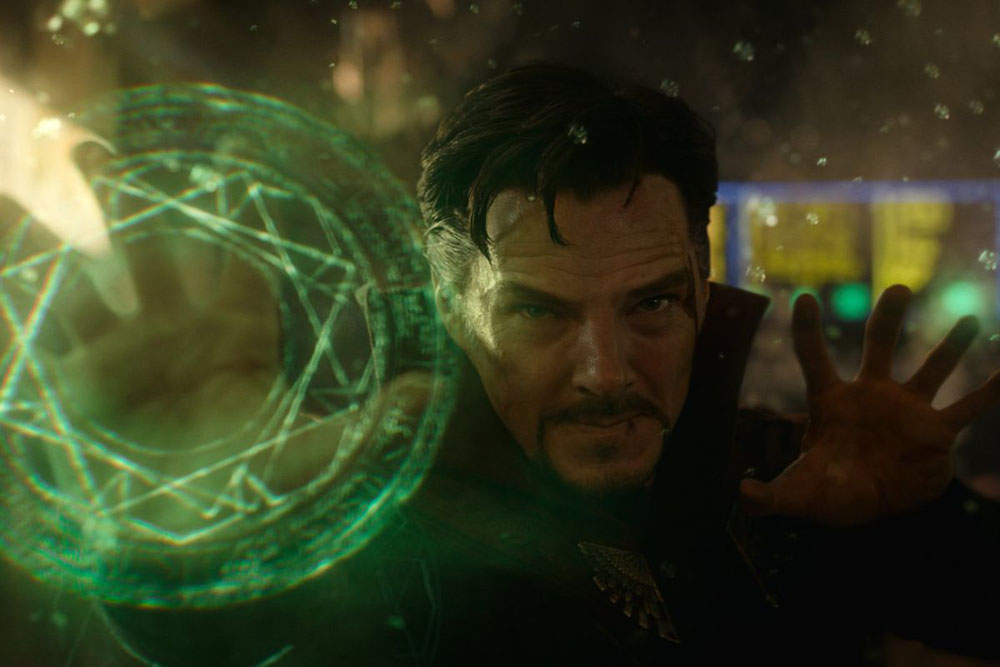
A hospital is a collection of different environments, and in movies we get a glimpse into some of these. From busy emergency rooms to administrative offices, filmmakers have given us a route into the sights, sounds, and smells.
One of the most commonly depicted environmental elements is the presence of music in the operating theater. You’ll usually hear classical music, but perhaps the most realistic depiction is in “Doctor Strange” (2016). Not just the choice of more popular music but also the banter that goes along with it. These are a prevalent feature in operating theaters as they help to reduce the tension. Indeed, a recent study of surgeons found rock bands like Metallica and Led Zeppelin are among the most popular choices for surgery playlists.
Another popular environment for movies is the waiting room. This is usually a background passed through en route to the drama, or an opportunity for gentle dialogue. Film hospitals/offices often populate these areas with relatively calm people, nursing some form of injury. But in reality, sitting in a waiting room can be a significant source of stress and anxiety. Experiencing an illness or injury can be exacerbated by long waiting times, not to mention there can be fear surrounding potentially life-altering test results. In movies, we don’t often get to see this aspect of pressure and worry.
Patient Experiences
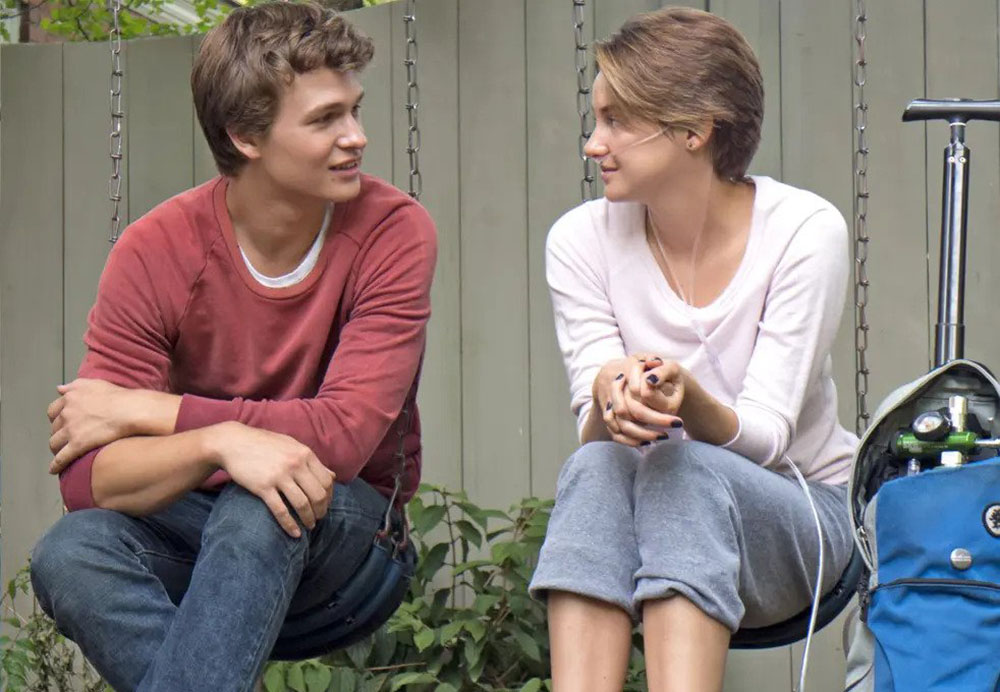
There are a lot of movies following medical professionals, but some of the most important elements to depict are the experiences of patients and their families. It is usually the most relatable aspect of a medical narrative—after all, most of us are more likely to be patients than doctors.
Movies do a relatively accurate job here. “Awakenings” (1990) shows not only the anxiety from the onset of a chronic mental health illness but also the high positive and negative emotional states surrounding a potential treatment and its eventual ineffectiveness. While “The Fault in Our Stars” (2014) is effective in exploring the challenges younger patients, in particular, go through in coexisting with their illness.
But what of the interactions with family members? When a loved one is hospitalized there can be some uncertainty about how best to support them. The minutiae of how long it’s appropriate to visit for or adhering to hospital etiquette is not something we see a lot of in the movies. Usually, such depictions are limited to a nurse entering a ward to announce visiting time is over, or a dramatic bedside gathering like that at the end of “Philadelphia” (1993).
Conclusion
Medical issues can make for rich narrative potential in movies, but the accuracy of these depictions tends to be something of a mixed bag. While there is often some effort to depict realism in the more plot-relevant aspects, the details and subtle elements are usually ignored. This can be understandable for the purposes of pacing and drama. At the same time, these missing elements could prove valuable to audiences if they were explored effectively.
-By Frankie Wallace
Support the Site: Consider becoming a sponsor to unlock exclusive, member-only content and help support The Movie Buff!

